“One in three young people will grow up without a mentor outside their family. This is the mentoring gap in America.”
By Zabrina Ramirez
YFC USA recently shared a report that explored young people’s perspectives on mentoring. This report found that of the estimated 24 million at-risk* young people in our country, there are “an estimated nine million at-risk youth who will reach age 19 without ever having a mentor” (Bruce and Bridgeland 3). Nine million young people without a mentor is a staggering number, especially when you consider everything that young people are facing today.
Collectively, we are moving into another year of experiencing a worldwide pandemic. Not to diminish the weight of the situation, but you may remember another pandemic that our JJM Mentoring Director, J.R. Flannigan, brought to attention at last year’s banquet. He said, “I’ll be honest with you. Our city has had a virus for a long time now, and that virus pretty much consists of young people being involved with violence and crime.”
We believe that our young people’s stories do not end there. They are not just another statistic, but rather a child of God, just like you and just like me.
It’s time to remove the old idea that the youth in our city are problems to be solved; they are to be loved and cared for. In an interview with faculty members from The Fuller Youth Initiative they discussed shifting the approach from “what’s wrong with youth,” to focusing on the potential of youth. They said,
When I think about some developmental resources that can be promoted in the church, I am thinking primarily about adults investing in young peoples’ lives in the form of mentoring, being connected to good role models, and that they have opportunities for involvement in meaningful activities that will develop their capacity for leadership (Bjørdal).
Through engaging youth in authentic, Christ-sharing relationships (ACSR’s) we are investing in their lives by sharing the Gospel and helping to bring more opportunities for youth to develop their gifts that God has already given them. At Stateline YFC we have set the goal of engaging 1,000 kids through these ACSR’s across the Stateline area from 2021-2025. We believe that young people’s lives will be forever changed when they encounter true experiences with God. This trickles down from impacting one life to impacting many lives. Mentoring as a whole has the ability to address challenges that we’re facing in our region and in our nation:
At the local, state, and national levels, mentoring should be leveraged as a key tool to address the pressing issues facing the next generation. When integrated into national initiatives, mentoring strengthens efforts to reduce poverty, truancy, drug abuse and violence, and promote healthy decision-making, positive behaviors, and strong futures. (Bruce and Bridgeland 8).
Let us all continue to see our youth as beloved children of God, and not the problems of our community. If you feel the nudge to join us in some way: in prayer, as a potential ministry leader, or a giving partner, we’d love to hear from you. Contact us at info@statelineyfc.org.
*It’s important to note how at-risk youth is defined in this study: “For purposes of this survey, an at-risk youth is a respondent who is at the time of taking the survey disconnected (out of school and out of work) and/or responds “yes” to any of the risk factors reflected in the survey screening tool that are linked to decreased rates of achieving “productive adulthood”: incarcerated parent or guardian, regular absenteeism, poor academic performance, behavioral problems in school, delinquency, teenage pregnancy, and homelessness.” (Bruce and Bridgeland 13-14)
Sources
Bjørdal, Maria. “A new perspective on at-risk youth.” Interview with Dr. Sofia Herrera Maldonado. Fullerinstitute.org, 13 June, 2006, https://fulleryouthinstitute.org/blog/a-new-perspective-on-at-risk-youth. Accessed 2021.
Bruce, Mary, and John Bridgeland. “The Mentoring Effect: Young People’s Perspectives on the Outcomes and Availability of Mentoring.” Mentoring.org, January 2014.
The Mentoring Effect. (2020, September 10). Retrieved February 02, 2021, from https://www.mentoring.org/resource/the-mentoring-effect/


